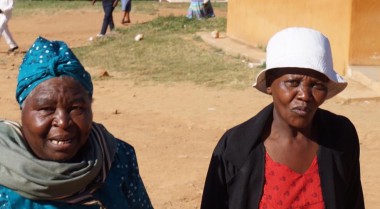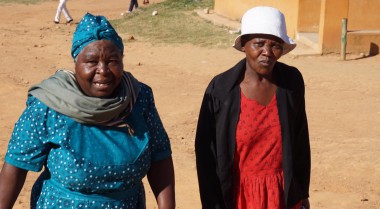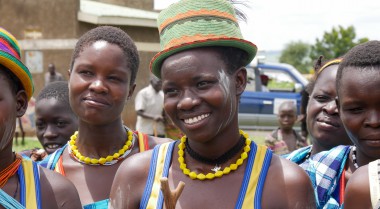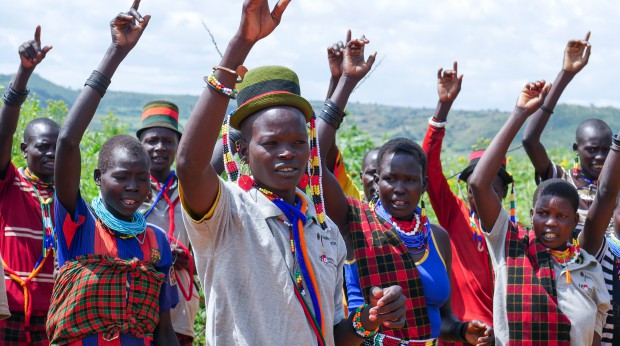
The Growing Crisis in Eswatini: Local Peacebuilders Response
The throne of King Mswati III, Africa’s last absolute Monarch for 35 years does not seem to stand steady on the ground anymore. The thousands of voices on the street protesting for democracy, freedom of speech, and accountability are a force so powerful to make his throne shake. Since June 2021, a growing wave of unrest has taken over the country. What initially started as peaceful demonstrations calling for a modern political system and more democracy, was met with repression, violence and death. Amidst this turmoil, it is local
peacebuilders who have been acting as first responders. Seeking to truly advance on sustaining peace in Eswatini, they bring diverse people togetgher to ensure words will prevail over violence.
Royal Clash: Protests and their Spillover Effects
Wealth and rights in Eswatini are unevenly distributed. On the one hand, the King and his family live a lavish lifestyle. On the other hand, citizens struggle to receive basic daily needs such as food, water and sanitation. In addition, they are confronted with high rates of corruption, nepotism and no freedom of speech, leaving the country a powder keg. That is why, since June 2021, peaceful protests have been taking place across the country. Yet, protests happening in October this year resulted in excessive violence from the army
and government police. They met unarmed protestors with live ammunition and tear gas, leaving many injured. In response to the protests, the Monarchy suspended access to social media and online platforms to silence the crowds.
Neighbouring countries, such as South Africa are starting to feel the spillover effects of the upheaval in Eswatini. In attempts to flee from the violence, many have illegally crossed the border which adds additional stress to the already existing regional instability.
Local Peacebuilders as Frontline Responders
Local peacebuilders in Eswatini are the first responders to the increasing violence in their country. Relying on dialogue as a peacebuilding tool and their access to various stakeholders in the conflict, they are uniquely placed to lay the foundations for peace. For instance, they have been facilitating multi-stakeholder dialogues with the Prime Minister, engaging with the EU and other embassies, and are in the midst of entering conversations with traditional authorities.
Solidarity Amongst the GPPAC Network: Regional Support to the Crisis in Eswatini
Regional GPPAC members have supported their colleagues in three distinct ways. First, they have provided knowledge, advice, and expertise as members in Eswatini continue to engage with their Prime Minister and the security sector. Second, regional members have also assisted in fundraising initiatives to implement national dialogue and peacebuilding training initiatives. Lastly, they have drawn attention to the situation in the country through extensive online and social media engagement.
Furthermore, GPPAC Members have engaged with inter-governmental organisations and continental unions, including the SADC and the African Union. Consequently, the former has deployed representatives to Eswatini to assess the situation, meet with the king and facilitate the de-escalation of the conflict.
Why is a Regional Response Needed? What would It Look Like?
Local peacebuilders in Eswatini and beyond operate in a shrinking civic space. The limited resources related to both, the ability to implement interventions and the technical expertise further impede peacebuilding initiatives. A regional response strategy will hint at the region’s solidarity with the Eswatini people highlighting the human rights violations currently taking place. As a result, more protection will be guaranteed to Eswatini’s citizens, local peacebuilders and the SADC Secretariat.
Additional support could entail:
- Facilitating policy dialogues at the local, regional and global levels to raise awareness about the situation.
- Providing training and capacity building in resilience building, solidarity, and support messages, countering and preventing violent extremism, and livelihoods and income-generating projects.



